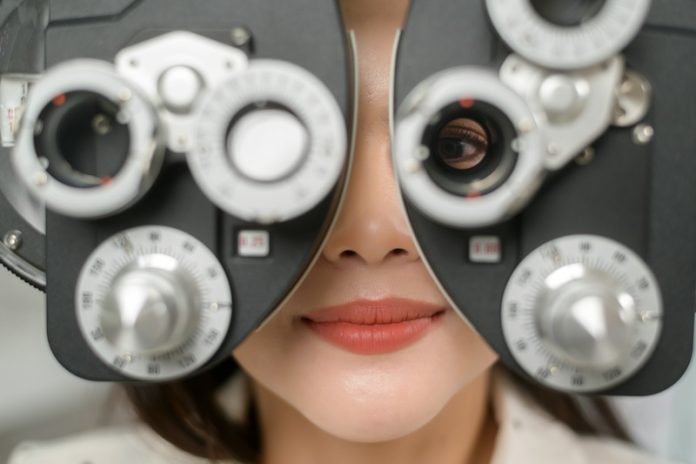
High blood pressure, or hypertension, is often called a “silent killer” because it doesn’t always have obvious symptoms. While many people know it increases the risk of heart disease and stroke, fewer realize that it can also damage your eyes and vision.
The small, delicate blood vessels in your eyes are especially vulnerable to the effects of high blood pressure, and over time, uncontrolled hypertension can lead to serious eye problems.
One common condition caused by high blood pressure is hypertensive retinopathy. This occurs when the blood vessels in the retina—the light-sensitive part of the eye—become damaged.
The retina relies on a healthy blood supply to function properly, but when blood pressure is too high, it can cause the vessels to narrow, thicken, or leak.
In the early stages, hypertensive retinopathy may not cause noticeable symptoms, but as it progresses, it can lead to blurred vision, reduced eyesight, or even vision loss.
Research shows that the severity of hypertensive retinopathy is directly linked to how long and how severely blood pressure remains elevated.
Hypertension can also increase the risk of other serious eye conditions. For example, it’s a known risk factor for macular degeneration, a condition that damages the central part of the retina, leading to vision loss.
Additionally, high blood pressure can contribute to the development of glaucoma. This condition damages the optic nerve, which is essential for transmitting visual information from the eyes to the brain.
Studies have found that hypertension may raise the pressure inside the eye, which is a major risk factor for glaucoma.
Another potential effect of high blood pressure on eye health is retinal vein occlusion. This occurs when a blood clot blocks one of the veins in the retina, preventing proper blood flow.
The blockage can cause swelling and bleeding in the eye, leading to sudden vision loss. People with high blood pressure are at a significantly higher risk of this condition, especially if they also have other risk factors like diabetes or high cholesterol.
High blood pressure during pregnancy can lead to a condition called preeclampsia, which affects both the mother and the baby.
Preeclampsia can also cause temporary vision changes, such as blurred vision or seeing spots, and in severe cases, it can lead to retinal detachment, a medical emergency that requires immediate treatment to prevent permanent vision loss.
Fortunately, the damage caused by high blood pressure to the eyes can often be prevented or minimized with proper management. Research shows that keeping blood pressure under control not only reduces the risk of heart and kidney problems but also protects the eyes.
Medications prescribed by your doctor, along with lifestyle changes like eating a healthy diet, reducing salt intake, exercising regularly, and managing stress, can help maintain healthy blood pressure levels.
Regular eye exams are crucial for detecting early signs of eye problems related to high blood pressure.
During an exam, your eye doctor can check for damage to the blood vessels in your retina and other changes that may indicate hypertensive retinopathy or related conditions. Catching these issues early can prevent further damage and help preserve your vision.
High blood pressure can have serious consequences for your eye health, but taking steps to manage it can make a big difference.
Protecting your eyes starts with understanding how hypertension affects them and working with your doctor to keep your blood pressure in a healthy range. Your eyes are not only the windows to your soul but also a reflection of your overall health—take care of them!
If you care about high blood pressure, please read studies that drinking tea could help lower blood pressure, and early time-restricted eating could help improve blood pressure.
For more health information, please see recent studies about added sugar in your diet linked to higher blood pressure, and results showing vitamin D could improve blood pressure in people with diabetes.
Copyright © 2024 Knowridge Science Report. All rights reserved.



